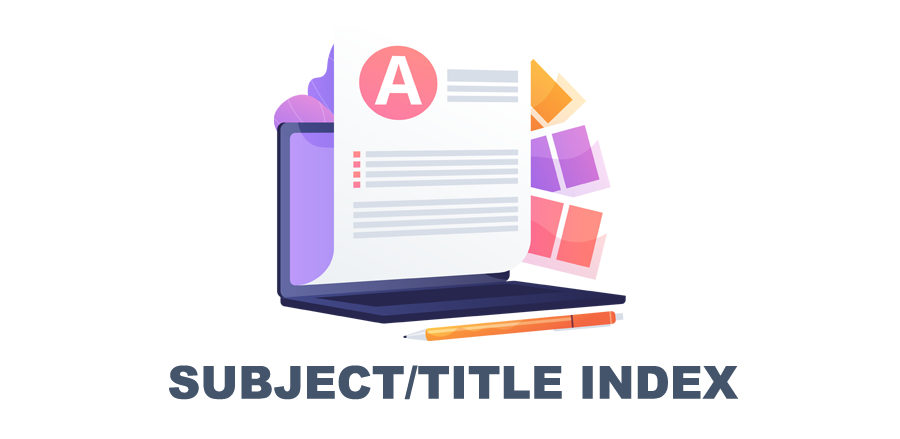Sintaks Pembelajaran Perpektif Surat Al Baqarah [2]:151: Pesan Guru (Islam) dalam Mengajarkan Ilmu Pengatahuan
DOI:
https://doi.org/10.32616/pgr.v4.2.273.77-84Keywords:
Surah Al Baqarah, syntax of learning, teaching knowledgeAbstract
This study aims to describe how the Al Qur'an surah Al Baqarah [2]: 151 provides the syntax of learning as a message to teachers (Islam) in teaching knowledge. This research is qualitative, empirical, literature study. This is education and theological research, which is a process of helping navigate through experiences (from scripture). Qualitative analysis involves two activities: 1) developing an awareness of the types of data that can be examined and how they can be explained; and 2) a number of practical activities that help type data simultaneously. From the results of the discussion, it is concluded as follows: 1) Islam does not recommend the use of methods, models, teaching materials, teaching materials and still considers (indirectly) that the curriculum product is correct without being clarified by the Qur'an through synthesis and critical analysis. 2) Al Qur'an through the letter Al Baqarah [2]: 151 provides an ideal learning syntax used by teachers in every learning activity, with conditional or hierarchical steps that must be used, namely a) main and first philology is (condition students) to be grateful both speech, natural descriptions and phenomena as well as through prayer; b) always purify (ablution); c) (condition students) to read the Al Qur'an; d) Teaching core thematic and non-thematic lessons and connecting with the Al-Qur'an; e) Integrating teaching: teaching critical thinking through synthesis and critical analysis, and application of content knowledge from subjects with the Qur'an.
Downloads
Published
Issue
Section
License
Copyright (c) 2020 Muhammad Munib

This work is licensed under a Creative Commons Attribution 4.0 International License.







